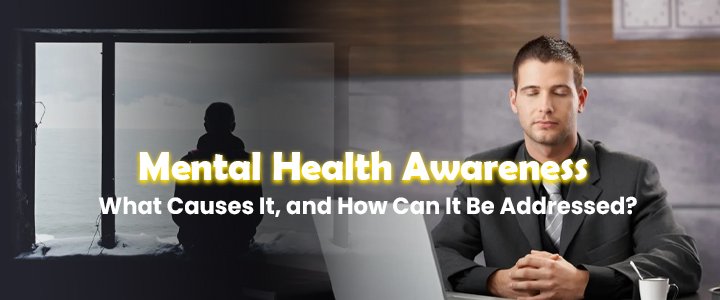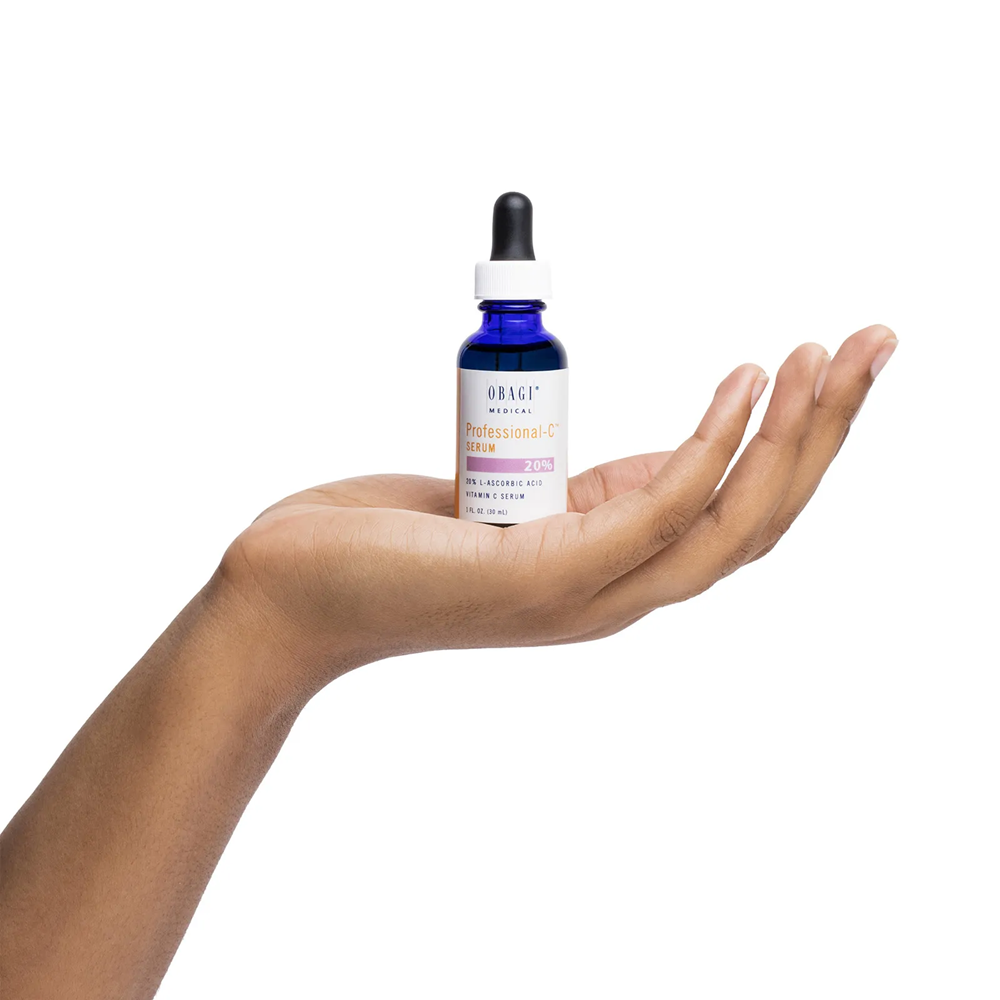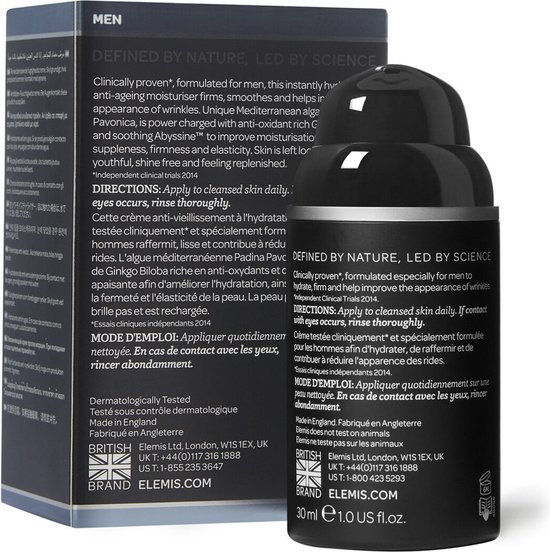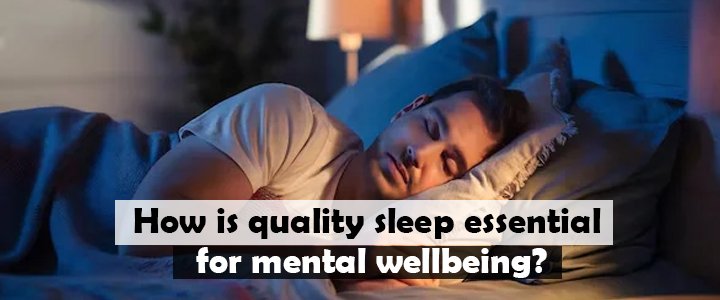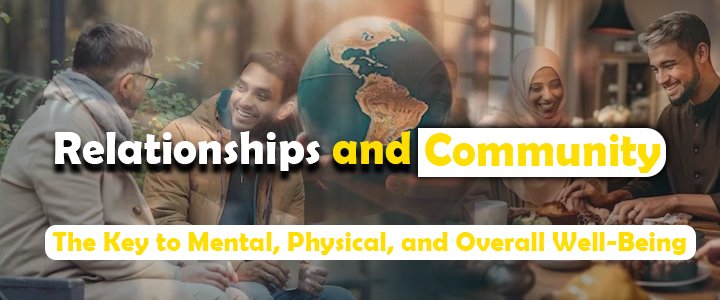
Introduction
In today’s fast-paced world, maintaining strong relationships and being part of a supportive community have become more critical than ever. Studies consistently show that our connections with others significantly impact our mental, physical, and overall well-being. Let’s dive into why relationships and community are essential and how they contribute to a healthier, happier life.
The Mental Health Benefits of Relationships and Community
Why do relationships and community matter?
Strong relationships and a supportive community play a vital role in maintaining good mental health. Human beings are naturally social creatures, and having meaningful connections improves our emotional well-being, reduces stress, and boosts our sense of belonging.

Reducing Stress Through Connections
Healthy relationships can help us navigate stressful situations more effectively. Whether it’s talking to a friend about a challenge or receiving a comforting hug, these moments release oxytocin, a hormone known to reduce stress and anxiety. Being part of a community also gives us access to shared resources and emotional support, helping to lighten the burden during tough times.

Fighting Loneliness and Isolation
Loneliness is one of the leading causes of mental health issues like depression and anxiety. Being part of a community ensures that you have people to turn to in times of need. Relationships provide validation, helping individuals feel understood and valued.

Boosting Self-Esteem and Confidence
When you surround yourself with positive and supportive individuals, it enhances your self-esteem. Compliments, encouragement, and shared achievements within relationships and communities can make a huge difference in how you view yourself.

Promoting Healthy Habits
Communities often encourage healthier behaviors. Whether it’s a workout buddy motivating you to stay active or a support group helping you overcome challenges, these interactions foster accountability and positive lifestyle choices, which directly impact mental well-being.

Building Resilience Through Belonging
Facing life’s challenges becomes easier when you know you’re not alone. Communities and relationships act as safety nets, helping you recover from setbacks. They provide reassurance, encouragement, and a sense of purpose, which are critical for long-term mental health.

How to Strengthen Relationships and Build Community
- Stay Connected: Make an effort to regularly check in with loved ones.
- Join groups or clubs: Look for local or online communities that align with your interests.
- Practice Active Listening: Show empathy and give your full attention during conversations.
- Be Open to New Connections: Building relationships takes time, but it’s worth the effort.

Conclusion
The mental health benefits of relationships and community cannot be overstated. From reducing stress to promoting healthy habits, these connections enrich our lives and provide the support we need to thrive. Prioritize building and nurturing meaningful relationships—they are the foundation of a happy and healthy mind.

Physical Health and the Power of Connection
The power of connection goes beyond mental health—it significantly impacts physical health as well. Building strong relationships and being part of a community improve overall well-being, boost immunity, and even help prevent chronic illnesses.
Improved Heart Health

Boosted Immune System
Studies show that people with strong social ties tend to have healthier immune systems. Feeling connected reduces stress hormones like cortisol, which can suppress immune function. By fostering positive relationships, your body becomes better equipped to fight off illnesses.

Encouragement for Physical Activity
Being part of a social group often motivates you to stay active. Exercising with a partner or joining group fitness activities keeps you consistent and makes working out more enjoyable. Physical activity, when combined with connection, supports better cardiovascular health, stronger muscles, and improved endurance.

Faster Recovery From Illness
The power of connection is evident in recovery. Patients with strong social networks recover faster from surgeries and illnesses. Loved ones provide emotional support, remind you to take medications, and help you adhere to medical advice, all of which speed up healing.

Reduced Risk of Chronic Conditions
Loneliness and isolation are linked to conditions like diabetes, obesity, and hypertension. Connection promotes healthy behaviors such as better eating habits and regular check-ups, which reduce the risk of these chronic issues.

How to Harness the Power of Connection for Physical Health
- Stay Active Together: Join a walking group or take exercise classes with friends.
- Share Meals: Eating together can make meals more enjoyable and encourage balanced nutrition.
- Volunteer: Helping others not only builds community but also increases physical activity.
- Check In Regularly: Simple gestures like calls or visits keep relationships strong.

Conclusion
The power of connection extends to your physical health, enhancing immunity, heart health, and overall well-being. Building and maintaining meaningful relationships isn’t just emotionally fulfilling—it’s a powerful tool for living a healthier life. Prioritize connection in your daily routine for a stronger, healthier body.

How do relationships and community promote overall well-being?
The Role of Relationships and Community in Well-Being
Relationships and community are key to overall well-being. They enhance mental, physical, and emotional health by providing support, fostering belonging, and encouraging healthier lifestyles. Whether it’s through family, friends, or larger social networks, the connections we build are essential to thriving in life.
Emotional Support and Mental Health
Strong relationships provide emotional support that helps reduce stress and anxiety. Talking with loved ones or sharing experiences within a community can alleviate feelings of loneliness and offer a sense of security. This emotional safety net is a cornerstone of mental well-being.

Encouraging Healthy Habits
Communities promote accountability and shared goals. Being surrounded by people who value well-being encourages healthier behaviors such as regular exercise, balanced eating, and mindfulness practices. These habits contribute to improved physical health and a better quality of life.

Building Resilience
Relationships and communities help build resilience, allowing individuals to cope better with challenges. Knowing that someone has your back provides strength during tough times. Community support can also offer resources, advice, and guidance to help navigate difficulties.

Strengthening Self-Worth and Belonging
Feeling valued within a relationship or community boosts self-esteem and a sense of belonging. Positive interactions, shared achievements, and mutual care remind us that we are important and that our presence matters to others.

Promoting Longevity
Studies show that people with strong social ties tend to live longer and enjoy healthier lives. The combination of emotional and physical support lowers the risk of chronic diseases, improves mental health, and increases happiness.

How to Cultivate Relationships and Build Community
- Be Present: Make time for meaningful conversations and shared activities.
- Join groups: Participate in local clubs, classes, or social gatherings.
- Show appreciation: Express gratitude and kindness in your interactions.
- Be Open: Be willing to meet new people and nurture existing relationships.
Conclusion
Relationships and community are powerful tools for promoting overall well-being. They provide emotional support, encourage healthy habits, and strengthen our sense of belonging. By investing in meaningful connections, you can enhance your quality of life and contribute to a happier, healthier world.

Tips for Strengthening Relationships and Building Community
Why do strengthening relationships and building communities matter?
Why Strengthening Relationships and Building Community Matters
Strong relationships and a connected community are vital for emotional, mental, and physical well-being. They offer support, foster a sense of belonging, and improve quality of life. Whether you’re looking to deepen existing bonds or expand your social network, these tips can help you create meaningful connections.
1: Communicate Openly and Honestly
Effective communication is the cornerstone of any strong relationship. Share your thoughts, listen actively, and express appreciation for others. Honesty builds trust, while active listening shows that you value the other person’s perspective.

2: Spend Quality Time Together
Prioritize spending time with loved ones. It could be as simple as sharing a meal, going for a walk, or having a game night. Quality time strengthens emotional bonds and creates lasting memories.

3: Join Local Groups or Organizations
Participate in clubs, classes, or community events to meet like-minded people. Whether it’s a book club, fitness group, or volunteering initiative, shared activities foster connections and build a sense of community.

4: Show Kindness and Support
Acts of kindness go a long way in building trust and rapport. Be there for others during challenging times, offer encouragement, and lend a helping hand when needed. Communities thrive when members care for one another.

5: Celebrate Milestones Together
Celebrate achievements, birthdays, and other special moments with your loved ones or community. Shared celebrations strengthen bonds and create a sense of unity.

6: Be a Good Listener
Listening is just as important as speaking. Pay attention to what others are saying and respond thoughtfully. This helps strengthen trust and shows that you value their feelings and experiences.

7: Resolve Conflicts Respectfully
Disagreements are natural, but how you handle them matters. Approach conflicts calmly, listen to the other person’s point of view, and find a solution that works for both parties. Resolving conflicts respectfully strengthens relationships over time.

8: Offer Help to Build a Stronger Community
Contributing to your community builds connections and fosters trust. Whether it’s volunteering, organizing events, or mentoring others, giving back creates a positive impact and strengthens your sense of belonging.

Conclusion
Strengthening relationships and building community require effort, but the rewards are immense. Open communication, quality time, acts of kindness, and shared experiences lay the foundation for deeper connections. By following these tips, you’ll foster stronger bonds and create a thriving community that enhances everyone’s well-being.

Final Thoughts
Why Relationships and Community Matter ?
Relationships and community are essential pillars of a fulfilling life. They nurture mental, emotional, and physical well-being, providing a foundation for happiness and resilience. Whether it’s through family, friends, or broader social networks, meaningful connections enrich our lives in countless ways.
Key Takeaways
- Strengthen Bonds: Prioritize communication, quality time, and kindness to deepen your relationships.
- Embrace Community: Join groups, volunteer, or engage in shared activities to build a sense of belonging.
- Focus on Growth: Healthy relationships and strong communities encourage personal growth, resilience, and a healthier lifestyle.
The Power of Connection
As humans, we thrive on connection. Investing time and effort into relationships and communities not only benefits you but also positively impacts those around you. By fostering strong connections, you contribute to a healthier, happier, and more united world.
Moving Forward
Start small—reach out to a friend, participate in a local event, or simply listen more attentively to the people around you. Every effort matters and brings us closer to a world where relationships and community promote overall well-being

Conclusion
The journey to a healthier and more fulfilling life begins with connection. By strengthening relationships and building community, you pave the way for a future filled with support, joy, and shared success. Remember, the power of relationships and community lies in their ability to transform not just individual lives but entire societies.




